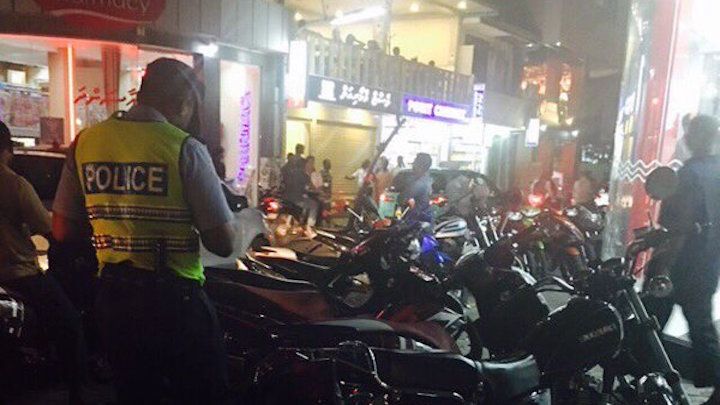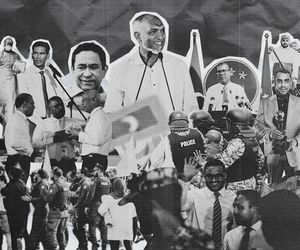Government ‘influencing’ votes by freeing inmates and waiving fines
It will now be easier for drug convicts to be pardoned.

19 Jul 2018, 09:00
The Maldives government is trying to influence votes ahead of September’s presidential election by waiving traffic fines and promising to free criminals, the opposition alleged Thursday after rules were changed to relax pardons for drug convicts.
Rules under the Clemency Act were changed Wednesday and published in the government gazette, so presidential pardons can be granted to prisoners who have not served half of their prison terms for drug offences.
The rules used to state that people convicted of major crimes, including drug cases, and serving more than 10 years in prison must have completed half of their jail term to stand eligible for clemency or leniency.
But the changes remove drug cases from the clause, allowing President Abdulla Yameen to grant pardons to drug convicts sentenced to more than ten years to be freed even if they have not completed half the sentence.
Become a member
Get full access to our archive and personalise your experience.
Already a member?
Discussion
No comments yet. Be the first to share your thoughts!
No comments yet. Be the first to join the conversation!
Join the Conversation
Sign in to share your thoughts under an alias and take part in the discussion. Independent journalism thrives on open, respectful debate — your voice matters.




